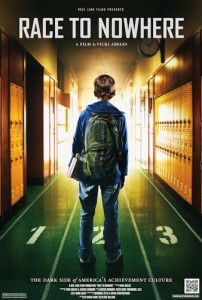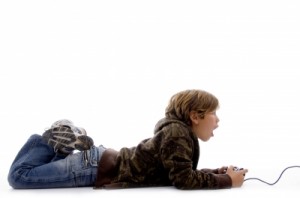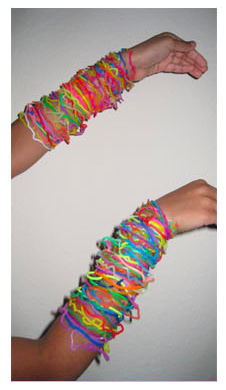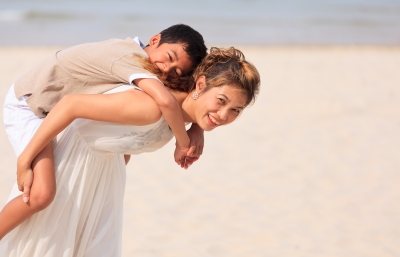 “America’s youth are drowning in happiness,” says Aaron Cooper, Ph.D., a psychologist concerned about the rising rates of youth depression and anxiety.
“America’s youth are drowning in happiness,” says Aaron Cooper, Ph.D., a psychologist concerned about the rising rates of youth depression and anxiety.
“Millions of well-intentioned parents have made life harder for their children by shielding the kids from every kind of unhappiness,” according to Cooper, who co- authored a book on the dangers when parents make happiness the most important thing in their children’s lives. “These parents try to soften every edge in their children’s lives, and it’s crippling the kids emotionally.”
That’s a scary thought, but he might be right. “I Just Want My Kids To Be Happy!” has become the mantra of today’s parents. I hear people say that all of the time. I’m just as guilty as the next mom of sometimes valuing my son’s short-term happiness over the long-term lessons I could-and should-be teaching him.
I just read Cooper’s book called, I Just Want My Kids To Be Happy! Why you shouldn’t say it, why you shouldn’t think it, what you should embrace instead,” which he co-authored with Eric Keitel, M.Ed., and they explain why buying into the happiness mantra is a mistake.
“Without plenty of practice coping with ordinary sadness, upset, disappointment, and hurt, kids don’t develop resilience,” Cooper says. “And without resilience, they’re vulnerable to all kinds of problems.”
Of course everyone wants their kids to be happy, that’s human nature. But according to this book, “I just want them to be happy” is more than just a wish. It’s also expressing a belief that our kids’ happiness is the most important thing.
After reading it I began to think that happiness might actually be overrated.
Some of the negative consequences that result from just wanting children to be happy include:
Being captive to our children’s moods. I am so guilty of this one. From the time that Koss was a teeny tiny baby I have hated to see him be the least bit unhappy or god forbid, cry, and will do just about anything to make it stop.
Feeling unnecessary guilt and shame when our kids aren’t happy. I’m the poster child for this one. When Koss is upset I feel personally responsible. It’s all my fault. It’s always all my fault. Even if it’s his fault, I feel like it’s all my fault.
Overprotecting our children from adversity. Guilty again. I can’t help it. It’s so hard not to want protect your child from life’s pain. Every time I hear about another kid being mean to Koss, or even inadvertently hurting his feelings, the mama bear in me wants to swoop in and make everything all right again-even if it means permanently banishing the mean kid from the forest. I’m still holding grudges from kindergarten while Koss has long since moved on.
Abdicating parental authority rather than cause our kids unhappiness. Again, guilty as charged. Really guilty. I can’t tell you how often I abandon my plans to run errands after school and agree to let him have a friend over, or agree to five more minutes of playtime (which turns into ten or 15 minutes) because he looked at me with sadness in those big brown eyes. This one’s a double whammy because after I give in, then I feel guilty for not being strict enough with him.
It might even be a triple whammy because, as Cooper explains: “Kids know how much their parents want them to be happy, and so when they’re sad or upset for whatever reason, they feel guilty thinking they’re letting their parents down. Many hide their distress at home, which compounds the problem and they end up feeling worse.”
One of the hardest lessons I’ve learned as a parent-okay I’m still working on this one-is to allow Koss to be unhappy. My impulse is to want to wipe away his sadness like it was spilt milk. At the same time I know that I’m doing him a disservice by trying to “make it all better.”
When it comes to our children’s happiness, less may actually be more. So instead of focusing on happiness, what should parents emphasize? Cooper and Keitel reviewed decades of research and found eight ingredients in people’s lives that reliably predict who is happy and who is not, including a sense of gratitude, closeness to others, and an optimistic outlook.
I think I get it now. The next time Koss is sad I won’t try to make it all better, I’ll just give him a hug, tell him how much I love him, and hope for the best.









